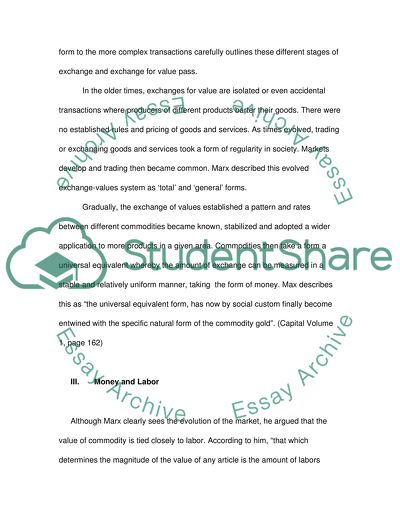History of economic thought: Marx's Capital Volume I Essay. Retrieved from https://studentshare.org/miscellaneous/1536556-history-of-economic-thought-marxs-capital-volume-i
History of Economic Thought: Marx'S Capital Volume I Essay. https://studentshare.org/miscellaneous/1536556-history-of-economic-thought-marxs-capital-volume-i.


